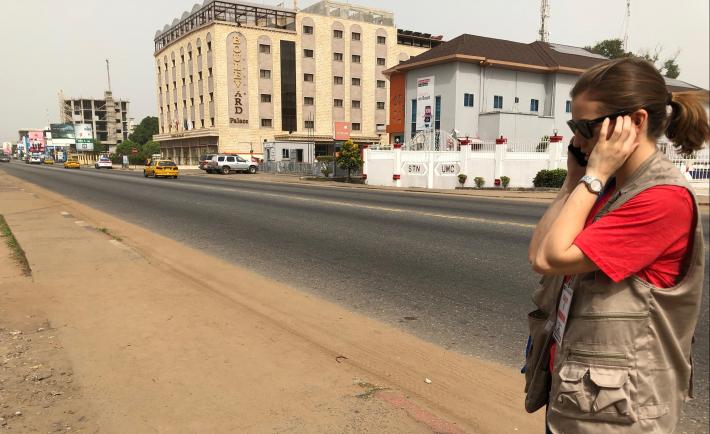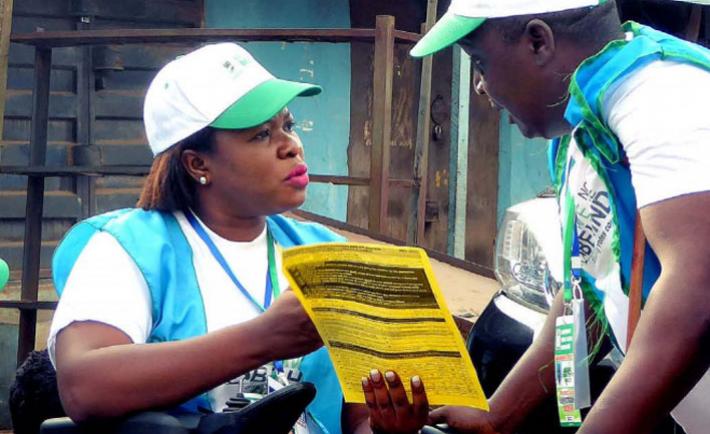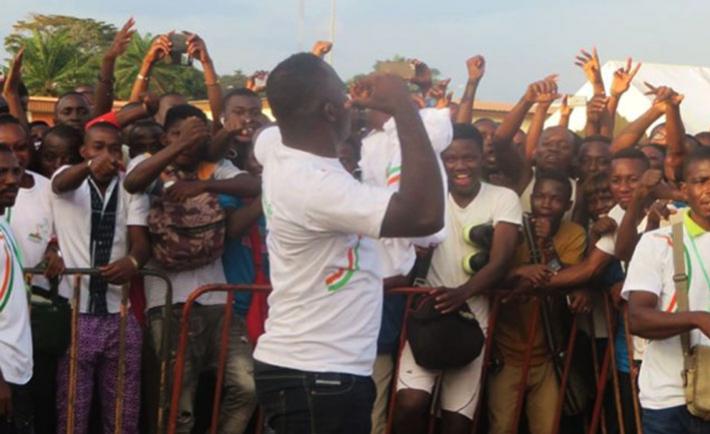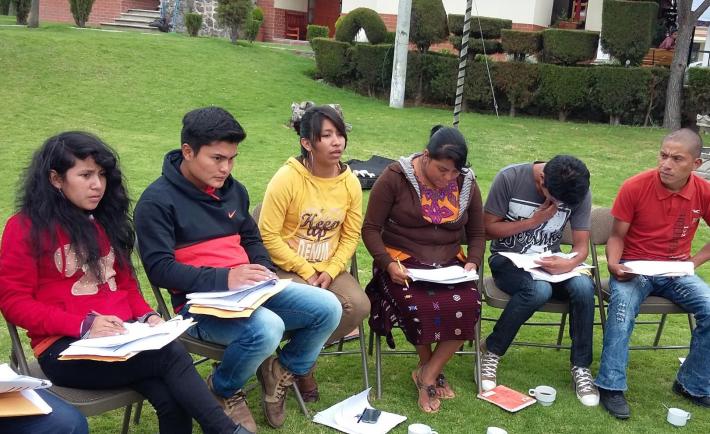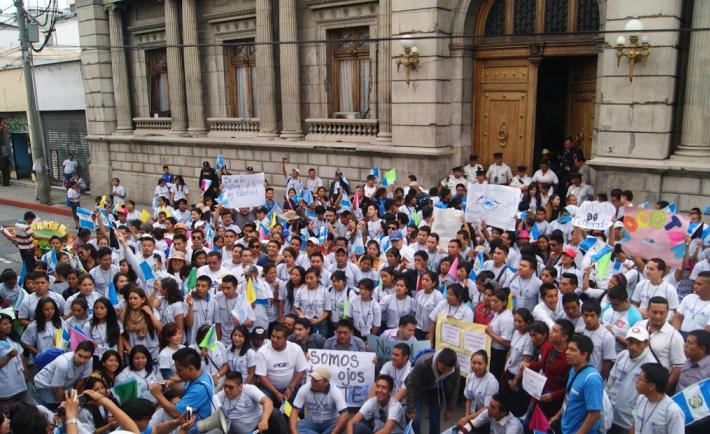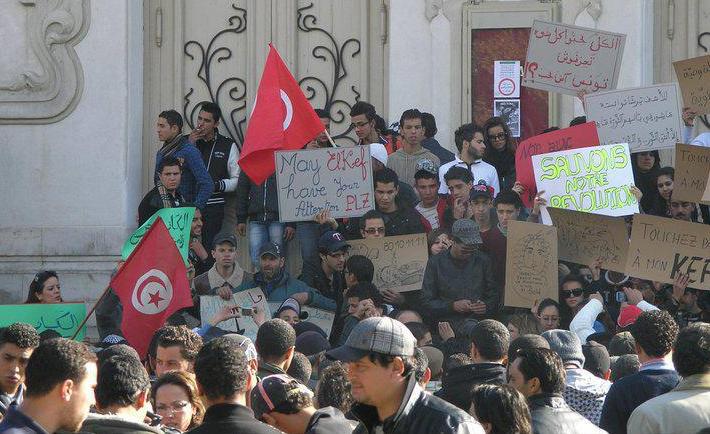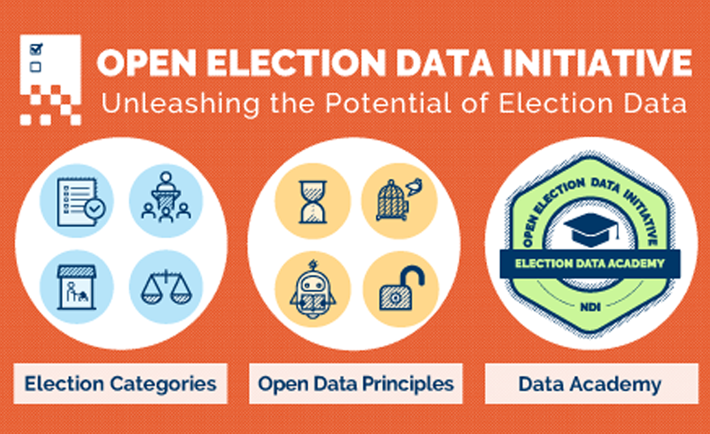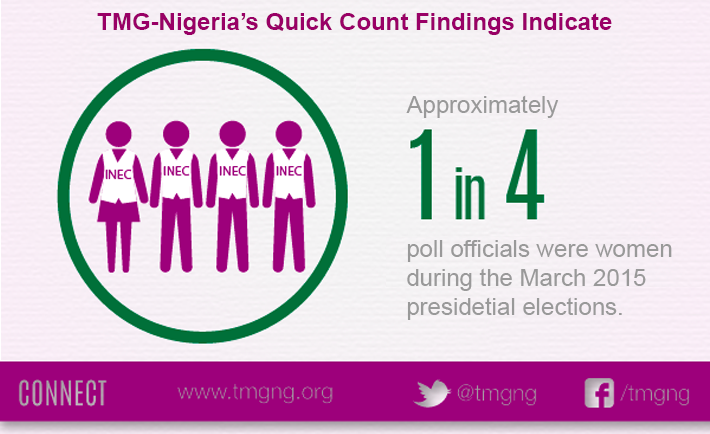Representatives of six Tunisian election observation groups held a joint press conference on October 17 to deliver their assessments of the 2019 elections. From the start of voter registration in April to the conclusion of electoral appeals in November, the groups organized a coordinated effort of each phase of the electoral process.
As Tunisian citizens went to the polls to elect a new president last month, citizen observers were present in large numbers, including non-partisan observers, pollwatchers representing candidates, and international monitors like the delegation led by NDI and International Republican Institute. Since only two candidates were competing in the presidential run-off election, the total number of candidate agents declined significantly compared to the prior elections simply because there were fewer candidates contesting for positions. Misinformation began to spread that the elections were going unwatched, but non-partisan observers were out in numbers equivalent to the September 15 first-round presidential and October 6 legislative elections.

